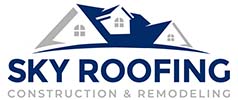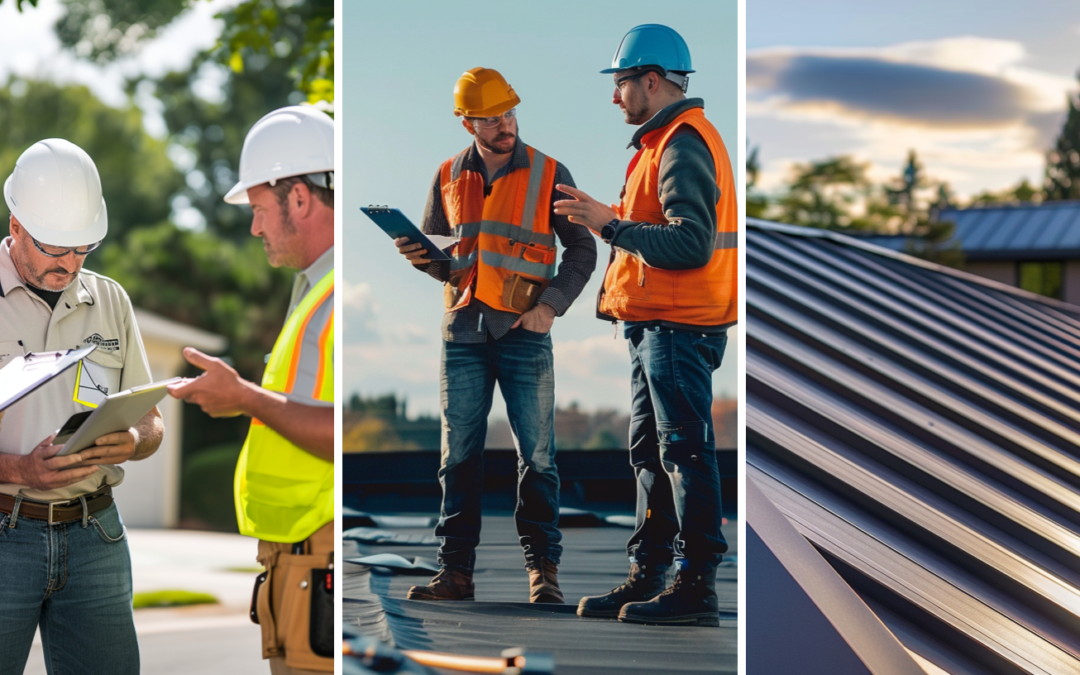Introduction to Inspector Qualifications
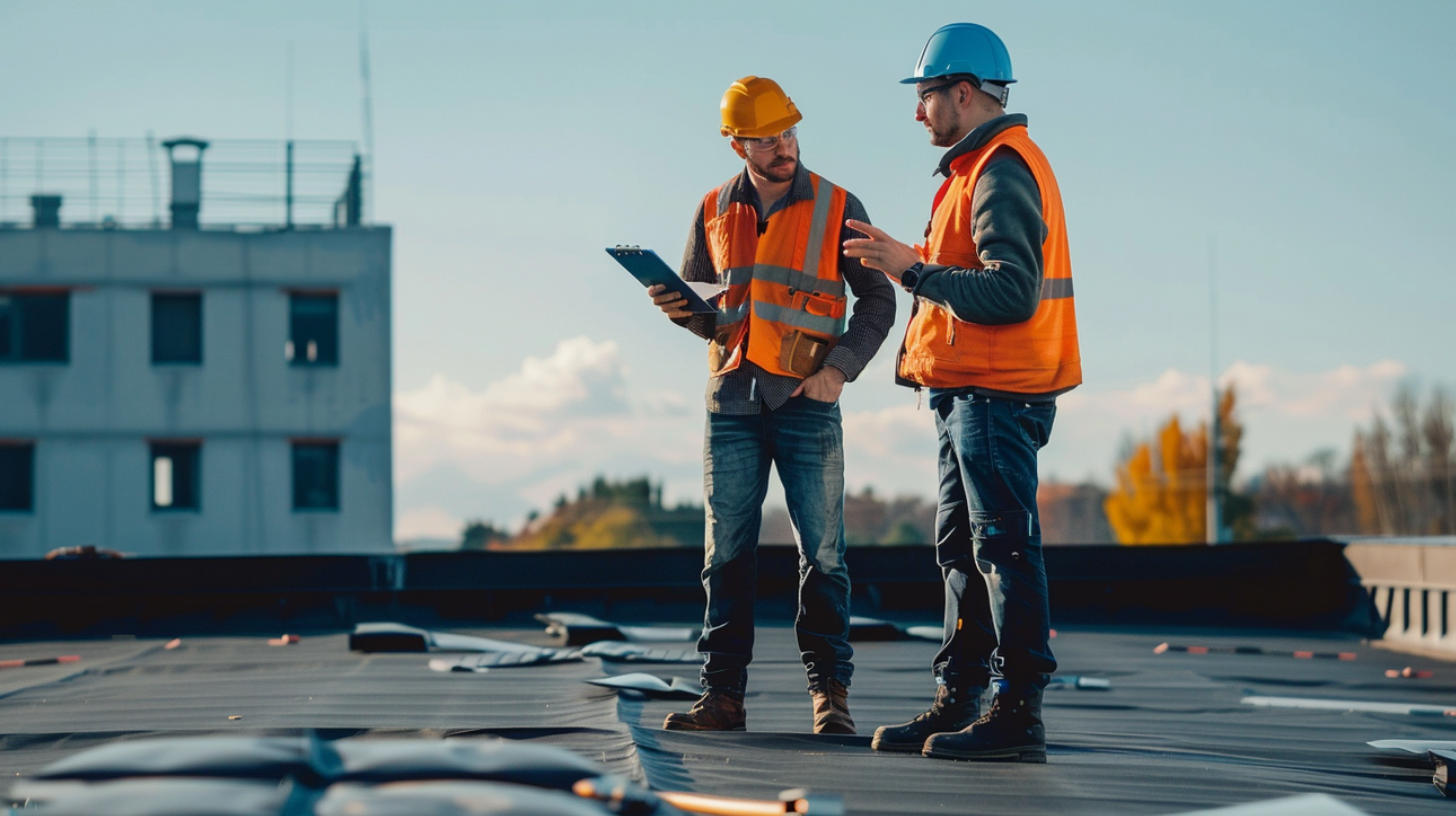
Inspector Qualifications - Educational Qualifications - Sky Roofing Construction & Remodeling
Educational Qualifications that Define Top Roof Inspectors
These educational credentials equip them with the necessary knowledge to assess roofing systems, identify potential issues, and understand industry standards and building codes. This expertise enhances their ability to conduct thorough inspections and instills confidence in homeowners and building owners seeking to protect their investments.
By understanding the importance of educational qualifications, property owners can make informed decisions when selecting a roof inspector, ensuring their roofs are in capable hands.
Relevant Degrees and Certifications
Additionally, certifications from reputable industry organizations indicate that an inspector has undergone specialized training and adheres to high standards of practice. Look for certifications related to roof inspection, such as roof certification programs and training from national roofing associations. These credentials validate an inspector’s qualifications and offer peace of mind that they possess the necessary skills to assess your roofing system’s condition accurately.
Specialized Roofing Certifications
For homeowners considering buying or selling a property and those looking to secure homeowners insurance, a roof certification from a qualified inspector is often required to validate the roof’s condition. By prioritizing roof inspector qualifications, homeowners can make informed decisions about their properties, protect their investments, and ensure safety for everyone involved. The importance of working with certified professionals cannot be overstated, as it directly impacts the roof’s longevity and the home’s overall value.
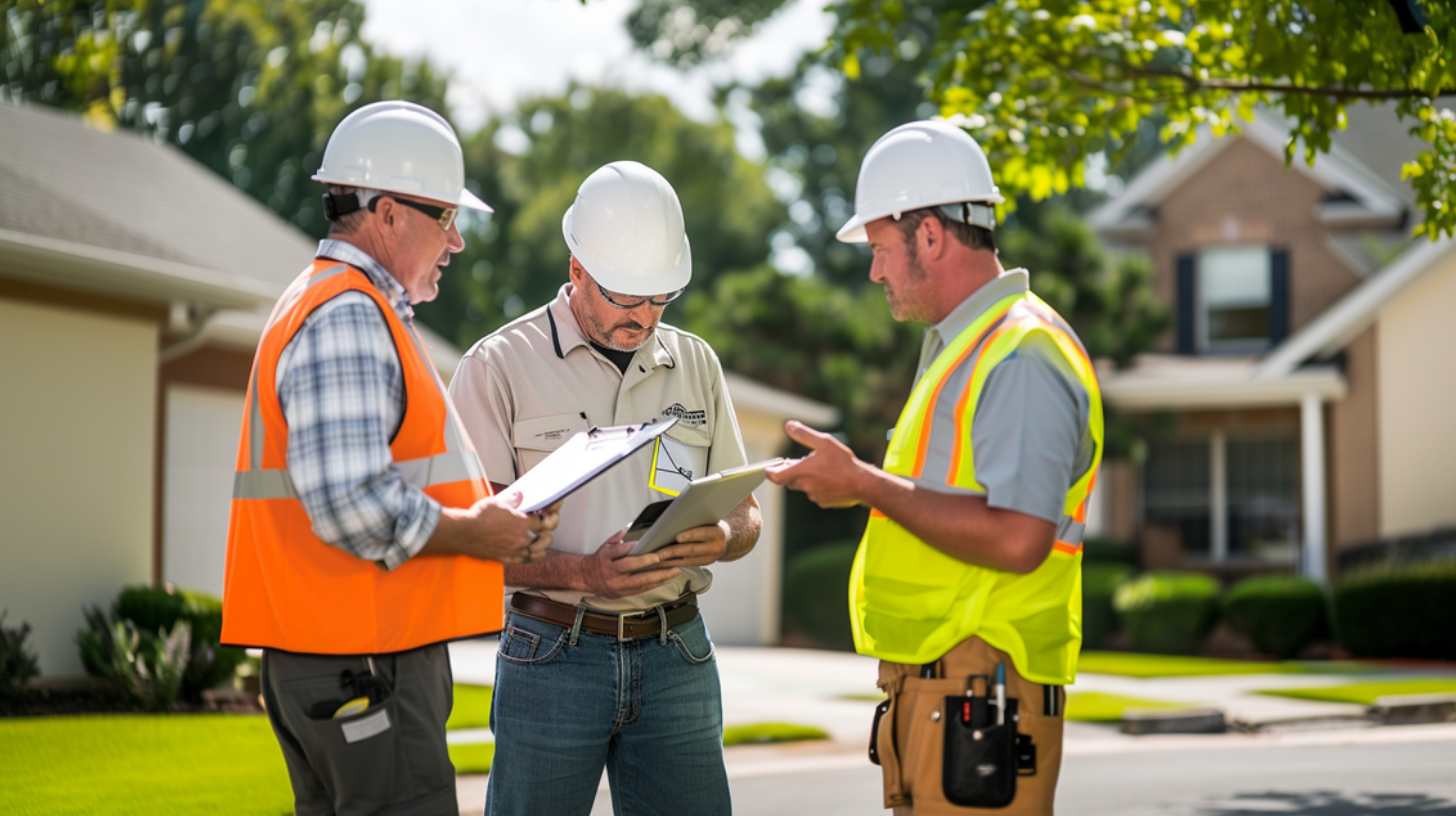
Inspector Qualifications - Technical Mastery - Sky Roofing Construction & Remodeling
Technical Mastery Every Roof Inspector Should Have
A well-versed inspector points out visible signs of damage and understands the underlying factors that could compromise a roof’s performance. By prioritizing technical knowledge, home and building owners can have greater confidence in their roofs’ maintenance and repair processes, ultimately safeguarding their investments and enhancing the safety and comfort of their properties.
Understanding Roofing Materials
For instance, asphalt shingles are famous for their affordability and decent lifespan, while metal roofing offers exceptional durability and energy efficiency at a higher price point. On the other hand, slate and tile roofs are known for their longevity but require more significant upfront investment and specialized installation techniques.
An inspector with a deep understanding of these materials will evaluate the roof’s condition effectively and provide valuable advice on maintenance and potential upgrades, ultimately benefiting home and building owners.
Roofing Systems Expertise
One key benefit of hiring a certified professional is their adherence to standardized practices set forth by the National Roof Certification and Inspection Association (NRCIA). This certification not only reinforces the inspector’s proficiency but also instills confidence in home and building owners regarding the accuracy of the roof inspection and the subsequent roof certification process.
By choosing a qualified inspector, property owners can gain valuable insights into their roofs’ condition, facilitating timely maintenance and preserving the integrity of their investment.
Building Codes and Regulations
Knowledge of local, state, and national codes enables inspectors to evaluate compliance across various roofing types, including composition shingles, wood shingle/shake, and metal roofs. Each roofing material has specific requirements that safeguard against potential hazards, ensuring inspection safety for homes and buildings.
By demonstrating technical knowledge of building codes, inspectors can identify areas of non-compliance and advocate for necessary improvements, ultimately protecting homeowners and fostering confidence in the workmanship of roofing installations. Understanding these regulations is pivotal for inspectors, giving them the tools to assess residential roofs’ structural integrity and longevity while upholding safety standards.
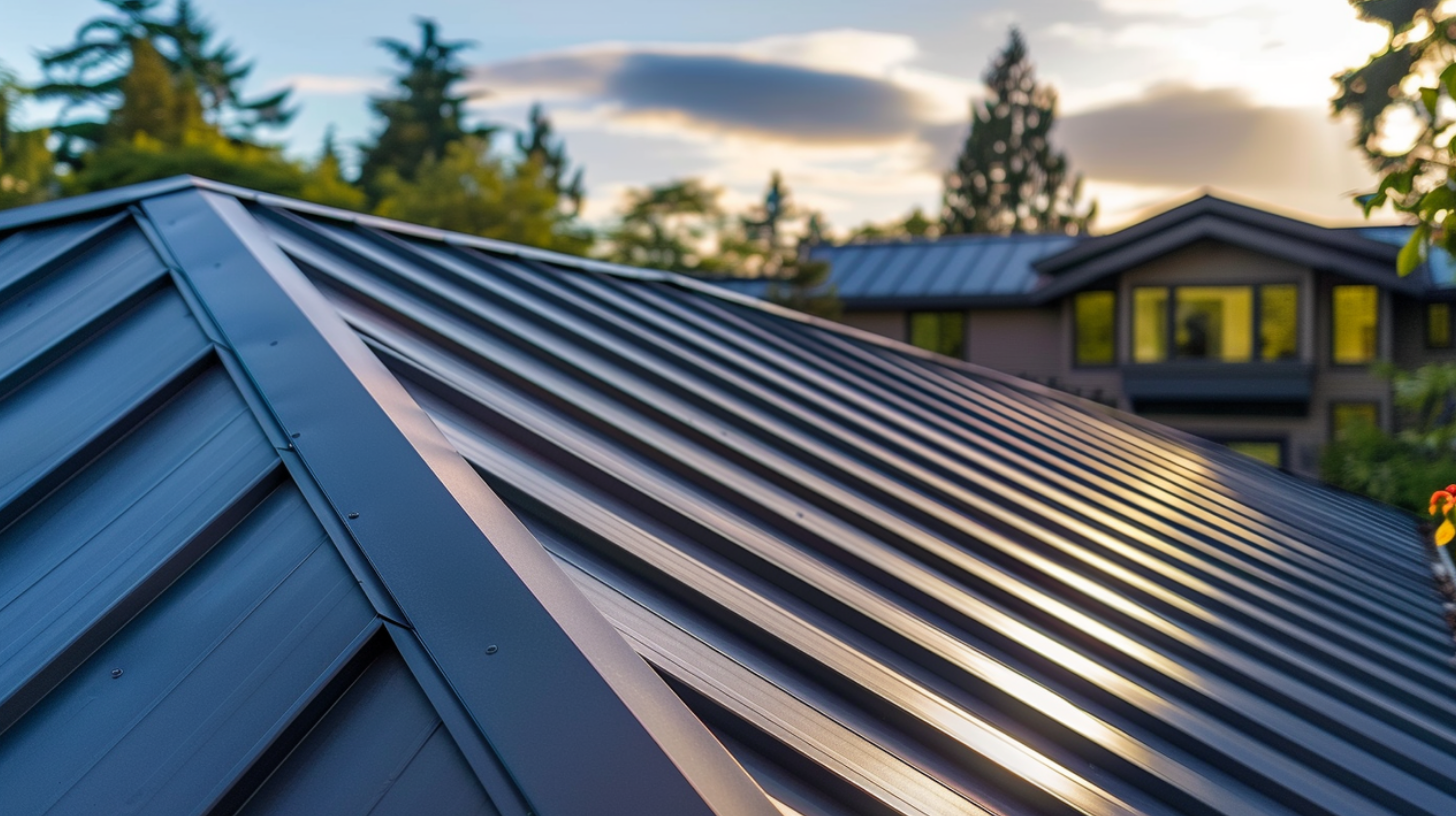
Inspector Qualifications - Practical Experience - Sky Roofing Construction & Remodeling
Practical Experience as a Core Qualification for Expert Roof Inspectors
Experienced inspectors have typically worked on various roofing projects, including residential, commercial, and industrial structures, which broadens their understanding of differing materials, techniques, and potential issues. This diverse exposure allows them to draw on a wealth of knowledge when evaluating a roof’s condition or diagnosing problems.
Additionally, seasoned inspectors possess strong problem-solving skills, enabling them to efficiently identify and troubleshoot roofing issues. Their familiarity with various roofing systems ensures that they can propose appropriate solutions tailored to the specific needs of each project. By prioritizing practical experience in your search for a roof inspector, you enhance your chances of receiving a thorough and accurate evaluation, ultimately leading to better decision-making and long-term satisfaction with your roofing investments.
Why Hire a Qualified Roof Inspector?
The detailed reports generated by qualified roof inspectors highlight current concerns and provide actionable recommendations for maintenance and repairs, ensuring your roof remains in optimal condition. This foresight protects your investment and enhances the longevity and performance of your reliable roofs, ultimately delivering long-term value to property owners. By investing in a qualified roof inspector, you are taking proactive steps to safeguard your property and enhance its overall resilience against environmental risks.
Trust in Inspector Qualifications for Optimal Roof Protection
Selecting a roof inspector with the right qualifications is essential to maintaining your roofing system’s safety, integrity, and longevity. Inspector qualifications, such as proper licensing, certifications, and adherence to industry standards, ensure that a knowledgeable professional thoroughly assesses your roof. For peace of mind and expert roofing services, contact Sky Roofing Construction & Remodeling (https://skyroofingconstructiontx.com) at (210) 942-9797 to schedule a roofing consultation today.
Willis Vachon is a seasoned contributing writer for Sky Roofing Construction & Remodeling, specializing in the technical and safety aspects of roofing construction. With a keen eye for detail and a passion for ensuring quality and safety in every project, Willis provides valuable insights that help both professionals and homeowners make informed decisions about their roofing needs.
